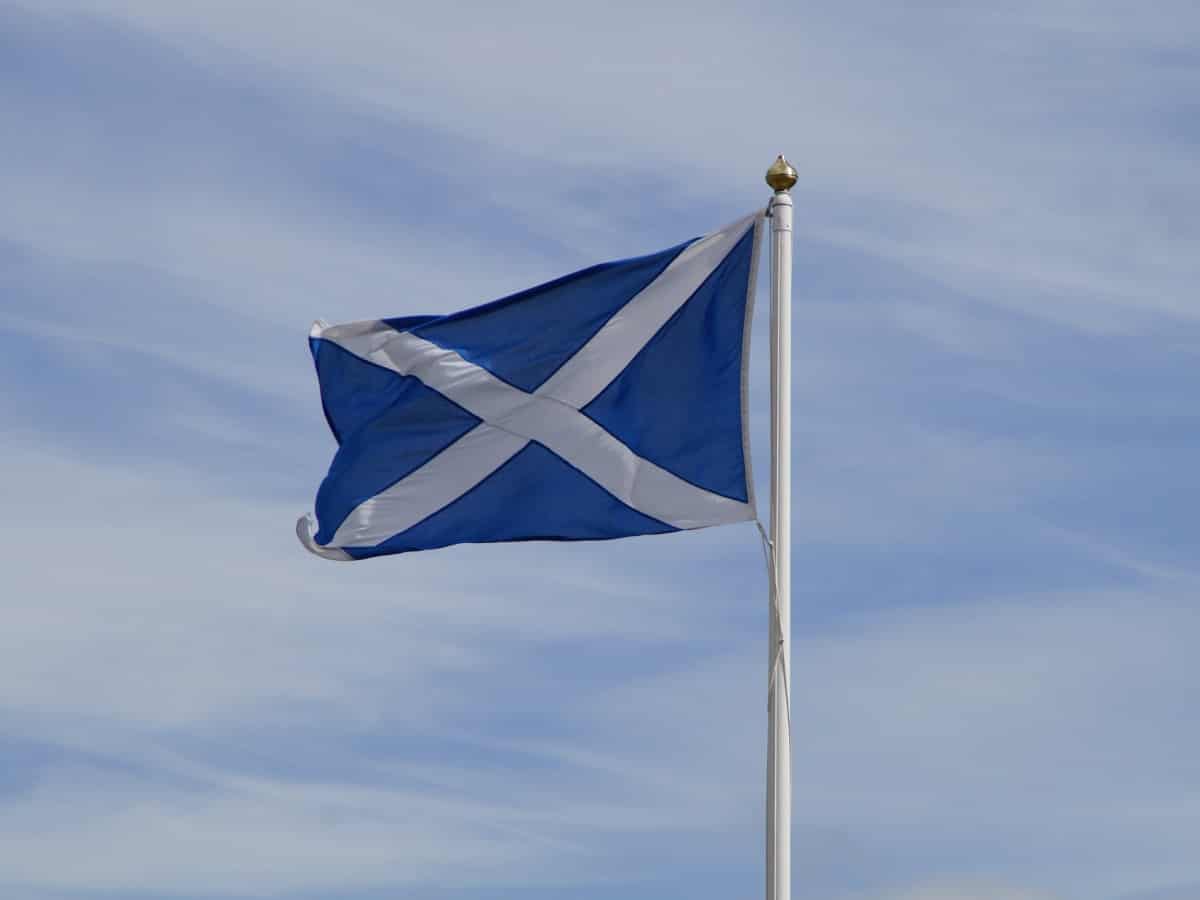
Imperialist Britain’s historical-political wrongdoings seem uncannily to be coming back with a vengeance when part of its own country is today urging independence.
There was a time when the globe was in the thrall of the British empire but today United Kingdom is in the brink of being rent asunder.
Scotland is demanding freedom from UK.
In 2014 in a historic referendum held in Scotland those who wanted to remain part of UK were just five percent more than those who wanted independence. It was a 55 versus 45 percent vote.
But as thigs have changed following Brexit, as Scotland was interested in union with European it is felt that majority is keen to sever ties with UK. So there is demand for a second referendum.
The matter came to Supreme Court of United Kingdom which has for now given a respite to the unionists by giving an unequivocal decision that Scotland cannot go in for a second referendum seeking Independence.
Though this has only further enhanced the determination of First Minister of Scotland Nicola Sturgeon to work for Scotland’s independence.
She has reaffirmed her commitment to treating the next UK General Election as a “de-facto referendum”.
If Scottish people are not interested in staying in the United Kingdom, no amount of court judgments can really help in the matter.
The Scottish National Party is being urged to drop the referendum obsession, particularly after the Supreme Court ruling which firmly negated any hope for a second referendum.
The Supreme Court based its decision on Constitutional provisions which did not allow Scotland to legislate on decisive issues like its own independence from the UK.
The Supreme Court ruling must have come as a rude shock to those who erroneously believed that the UK was a voluntary partnership of nations.
Clearly, England keeps its authority.Any nation that does not want to be a partner of the group of nations in the United Kingdom cannot just walk out. But then it puts into question the entire basis of the partnership concept.
Sturgeon is reported to have said, “Any partnership in any walk of life that requires one party to seek the consent of another to choose its own future is not voluntary – it is not a partnership at all.”
Whatever Westminster may wish, it will be very difficult if the people of Scotland want to part ways with it. If one must uphold the democratic process, then one must allow the writ of the majority opinion in Scotland to be expressed.
No wonder Surgeon hopes to take the Independence movement forward by making it an important plank during the next elections.
Sturgeon says that it has been “shown beyond any doubt today that the only route to equality for Scotland within the British family of nations is by Scotland becoming an independent country.”
There are some who say that the Independence issue should be deferred till the next elections and that Scotland should focus on pressing issues facing the country like the cost-of-living crisis, the state of the NHS, and problems in schools.
But then the Independence of a country cannot be taken as any other issue it is the most fundamental and must get priority over every other issue.
The one issue which will play an important role in the minds of people is whether independence will improve the quality of living for common people, or it will become worse.
However, if most Scots want independence, then it would definitely be better for the Westminster government to take it seriously and enter into negotiations for a second referendum and then abide by the result of the referendum.
Voluntary partnership is fine but forcibly keeping many people under a system without their assent is not possible in today’s world.
First Minister Sturgeon wanted to hold a referendum in October next year.
According to Supreme Court, the laws that created the devolved Scottish Parliament in 1999, did not give it any power to take any decision regarding the union between Scotland and England.
It could only be taken up by the UK Parliament. The Scottish Parliament cannot legislate for a referendum on independence.
Interestingly the Supreme Court did not fall for the argument of the Scottish side that the referendum would not be legally binding or have any effect on the union of Scotland and the UK. It would be more of an “advisory” nature to know the peoples’ opinion on Independence.
Supreme Court made it very clear that the political signal given by such a referendum would be crucial. The result of the referendum would have the authority in a democracy of declaring the will of the majority of Scottish regarding their opinion on the union.
Sturgeon felt the Supreme court decision to be a “hard pill” for any supporter of independence and democracy to “swallow”.
Sturgeon wants to use the next UK general election as a “de facto referendum” to demonstrate that most people in Scotland support independence.
Sturgeon accusing UK government of denying democracy has said, “We must, and we will find another democratic, lawful means for Scottish people to express their will”.
Now that the legal avenue is closed Sturgeon is going back to the people having decided to hold pro- Independence and pro-democracy rallies.
Prime Minister Rishi Sunak will definitely not like Scotland to have the second referendum during his watch.
He was clearly in favour of deferring any talk of the referendum and felt that economic and other challenges which the country faced collectively should be addressed first.
The official line being taken up by UK is the result of the first independence referendum in 2014 where majority wanted to remain in UK must be respected.
At that time the UK government agreed to temporarily transfer the necessary powers to the Scottish Parliament to allow the vote to be held through what is known as a Section 30 order. The Rishi Sunak government is not ready to do the Scotts any such favor.



